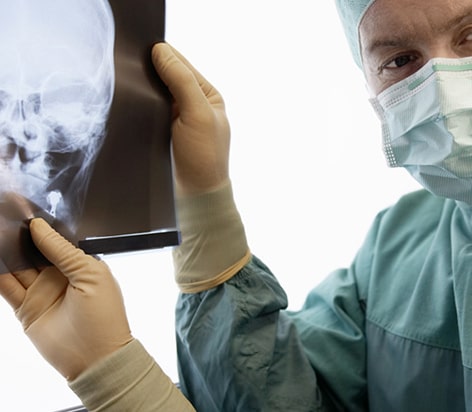
Skull-based surgeries are specialized surgeries performed to remove the benign or cancerous tumors present at the base of the skull or the few vertebrae in the upper spinal region. The surgeries can be effectively performed through endoscopic procedures that improve overall outcomes.